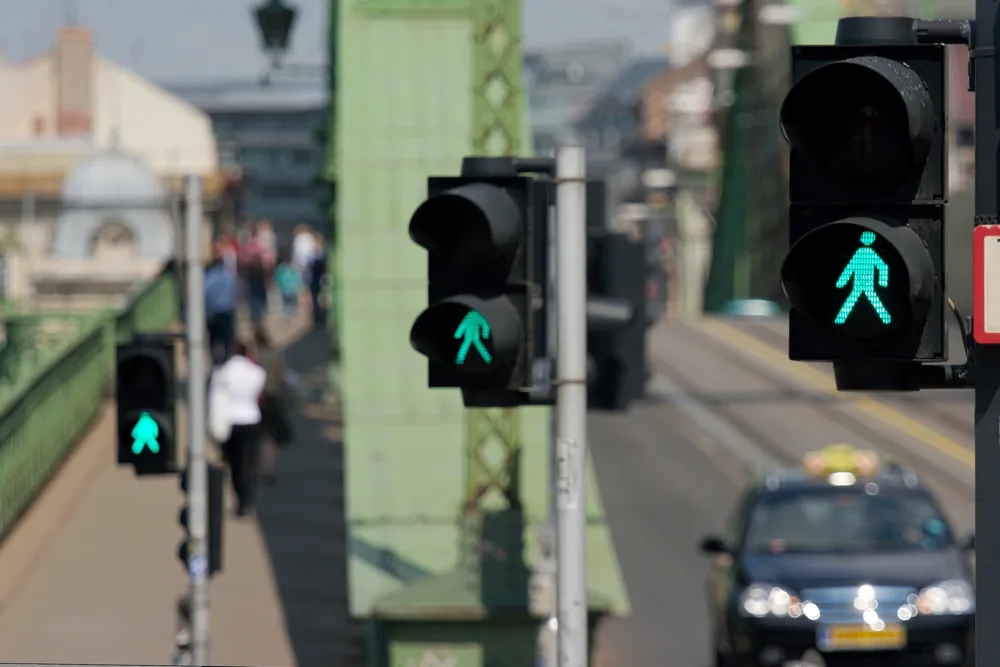The company says its system is powered by Smart OmniEdge technology, which provides real-time updates on traffic patterns, enabling safer and more coordinated use of the roadway.
Working with Qubit Networks to deploy Extreme technology, ITRCC is hoping the system will allow it to better identify and resolve bottlenecks, ensure greater operational efficiency and simplify network management.
Juan Ignacio Gomez, chief information officer at ITRCC, says the technology allowed the team to “tackle forward-looking opportunities that weren't possible before, such as connected vehicles and advanced automation”.
According to Extreme, the system provides ITRCC with a scalable network that offers continuous connectivity to power a range of connected devices. It also offers control of connected devices along the network as well as insights into the performance of applications and the network, the company adds.
As part of the agreement, ITRCC provided digital speed limit signs that adjust based on weather conditions, wrong-way driver detection and smart truck parking systems.
The Indiana Toll Road spans 157 miles and is serviced by 22 toll plaza, five maintenance barns and two administration buildings. The network includes more than 500 IP-connected phones, 300 IP-connected cameras and 150 automated video signs.
Traffic incidents ‘down 30%’ on Indiana toll road
Extreme Networks provided the Indiana Toll Road Concession Company (ITRCC) with a system which it claims has reduced traffic incidents along the US road by 30%.
The company says its system is powered by Smart OmniEdge technology, which provides real-time updates on traffic patterns, enabling safer and more coordinated use of the roadway.
Working with Qubit Networks to deploy Extreme technology, ITRCC is hoping the system will allow it to better identify and resolve bottlenecks, ensure greater operationa
July 31, 2019
Read time: 2 mins
Extreme Networks provided the Indiana Toll Road Concession Company (ITRCC) with a system which it claims has reduced traffic incidents along the US road by 30%.










